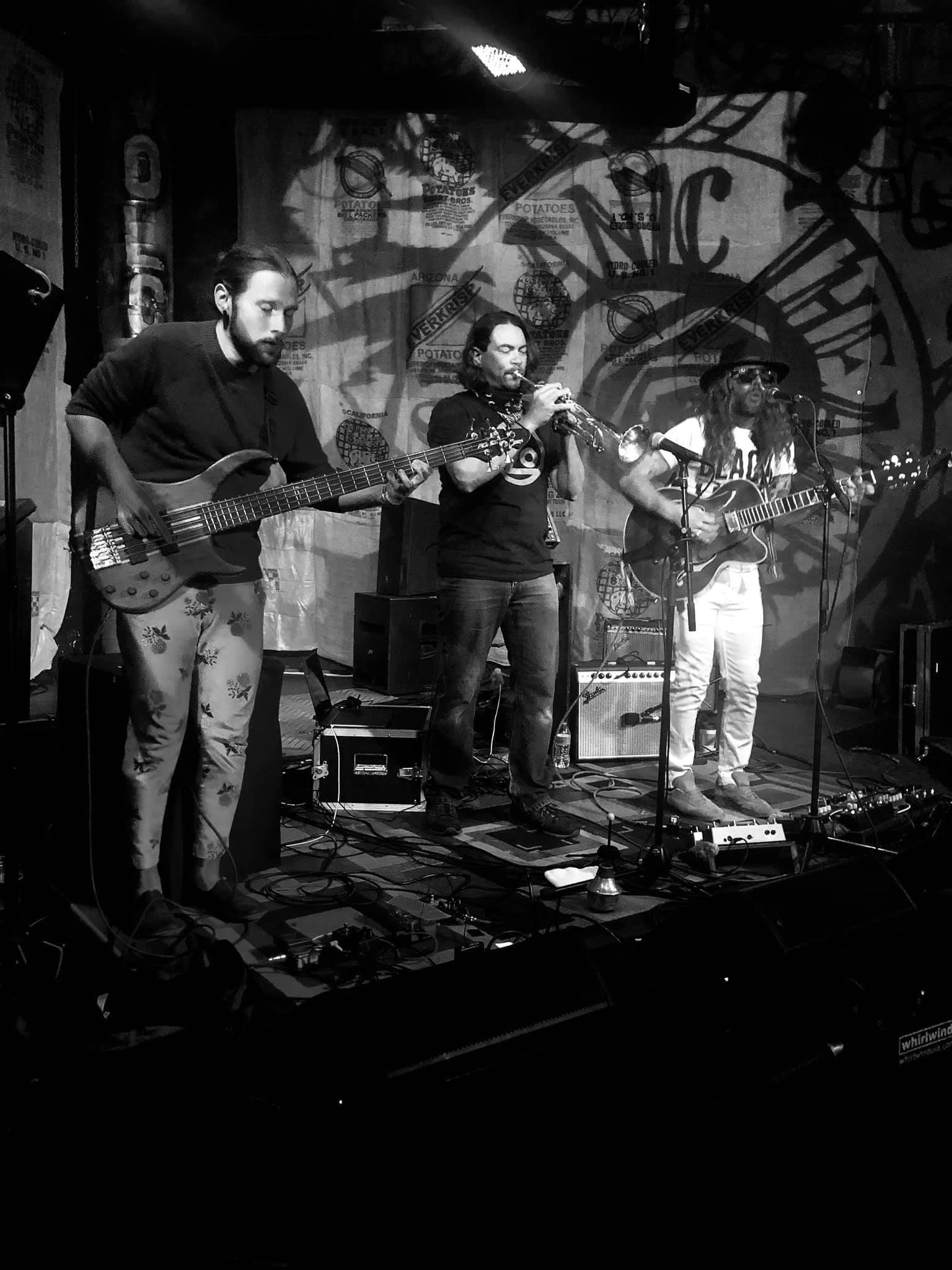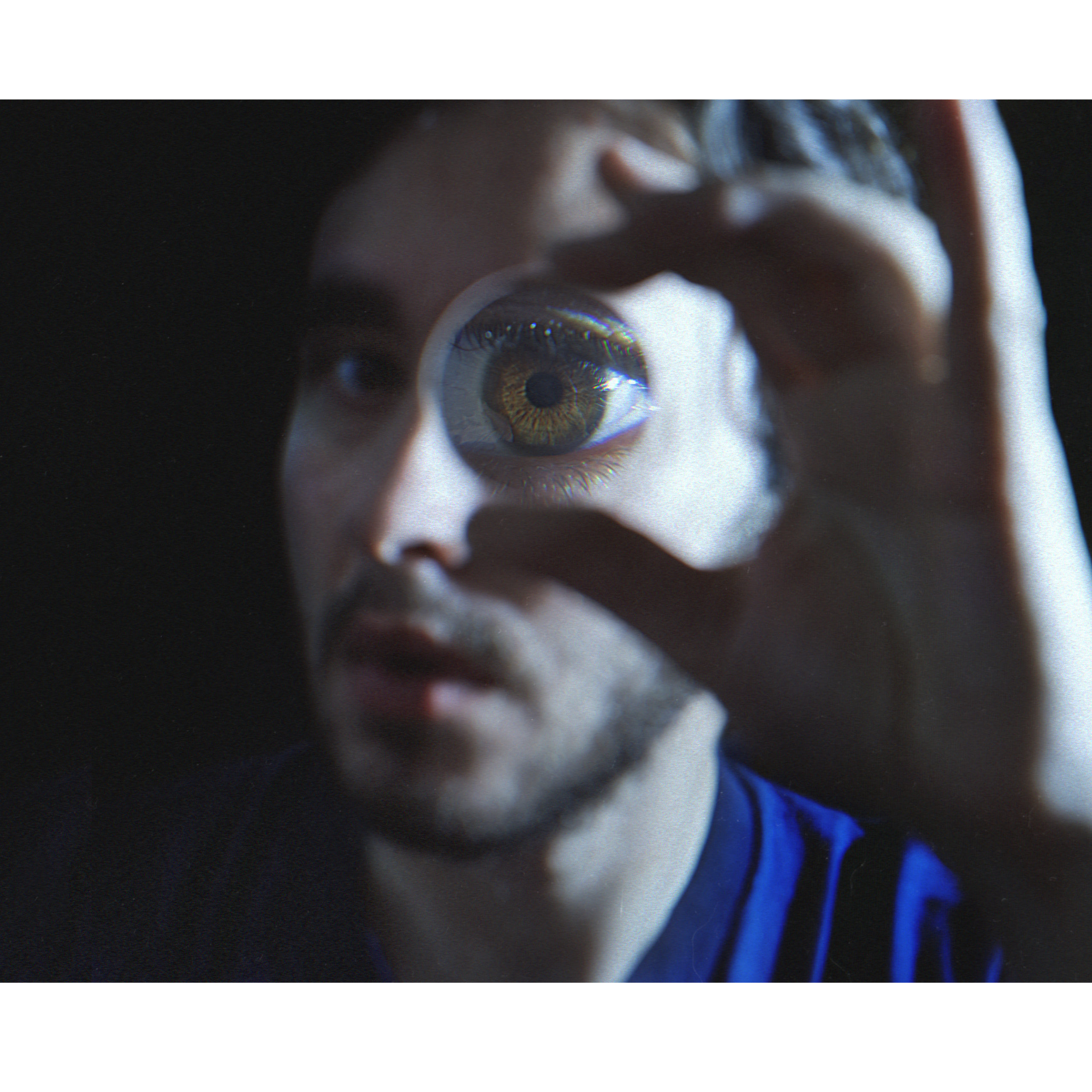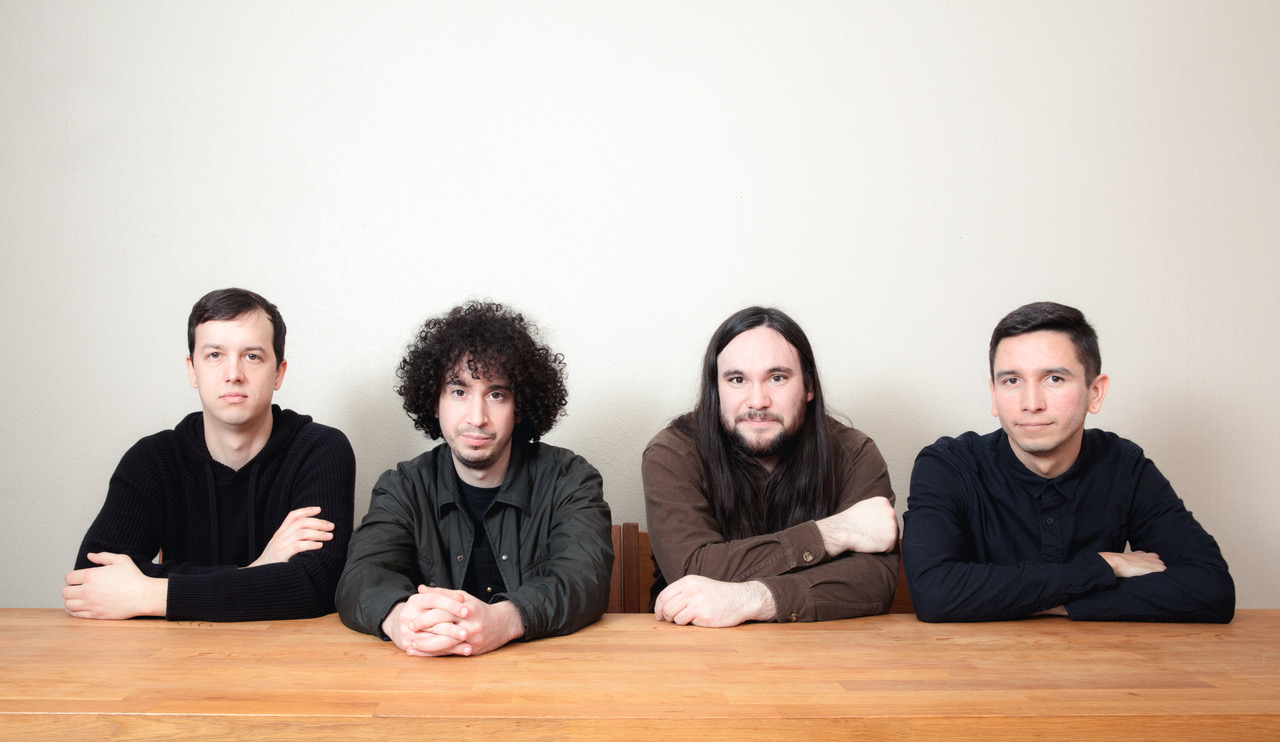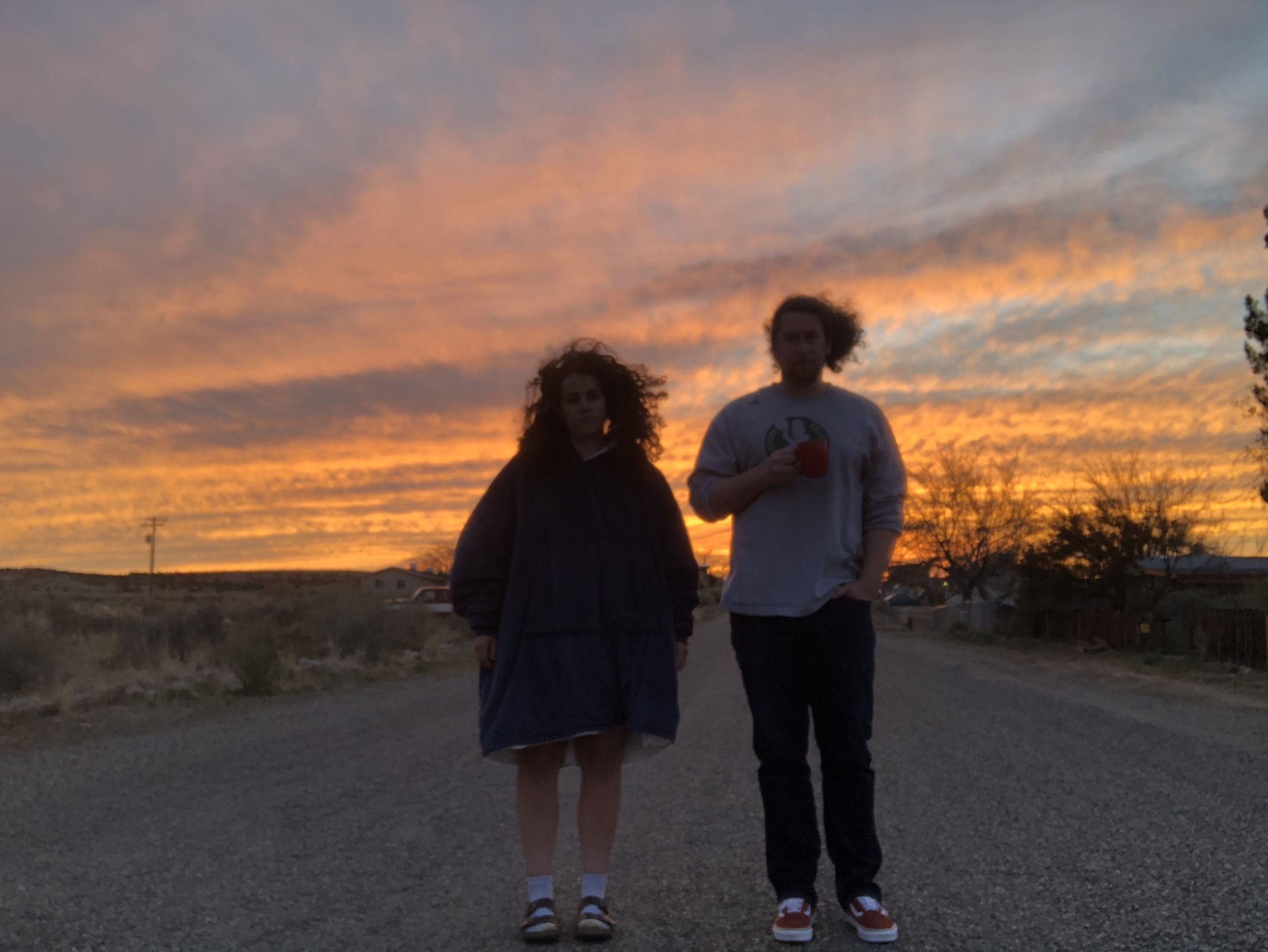By: Garrett Bethmann
The urgency of 2020 in America is hard to understate. There is a global pandemic swarming the globe, of which the United States’ uneven and incompetent response has led to the death over 185,000 Americans. Beyond the immediate medical emergency, millions of unemployed workers and dying businesses have stressed the weaknesses of many social, economic and political systems that have atrophied over decades of inadequate attention. Furthermore, as this is an election year, Americans have the rapidly approaching, high stakes choice between a petulant and vindictive incumbent and a past-due, lame-duck challenger with a host of voting problems that could upend an extremely polarized process.
All of these issues are fairly unique to our current situation in 2020, though one that has again come to prominence that has been a recurring stain on civic responsibility since 1865 is law enforcement’s violent use of force in America, specifically in brutal encounters with communities of color. Unarmed black citizens have experienced a deluge of violent and deadly interactions with police this spring and summer, specifically in the cases of George Floyd, Breonna Taylor and Jacob Blake. Footage and reports of these interactions have sparked protests around the country and world, with millions demanding reforms to root out systemic racism to police departments and the justice system.
The events at protests themselves have garnered as much attention, if not overshadowed, the ideas that fuel these large political gatherings in the first places. Most protests have been peaceful and impressive for their size, influence and duration through the summer months. Some have resulted in significant turmoil and violence for people participating, whether it be from aggressive clashes with law enforcement to turbulent confrontations between people on opposite sides of the political spectrum, to property damage and city shutdowns.
Recently, separate protests in response to Jacob Blake being shot seven times in the back during an interaction with police in Kenosha, Wisconsin has resulted in three deaths. For many, it’s the first time seeing America embroiled in such bitter, violent and sustained domestic upheaval and it’s hard to know a course of action that might heal the wound.
It is into this violent void that central Oregon songwriter Jeshua Marshall will release his new song “No More” on September 11. Marshall, who also plays in international touring band Larry and His Flask, wrote the song as a definitive protest to police brutality in America, informed from what he’s seen and experienced in his home state and abroad.
With a fiery le pomp style, Marshall drives home his demands to “arrest the killer cops” and end police brutality. The song’s hellbent rhythm smoothes out into a smokey reggae slide in the second half, with Gogol Bordello’s Pedro Erazo delivering a scathing rebuke of racial injustices in America. An Ecuadorian immigrant with a penchant for speaking to political topics in the brash Gogol Bordello and his solo project NuFolk Rebel Alliance, Erazo points to issues like wealth inequality and the war on drugs as battles that all must be won in order to make significant advances in equality for people of color in this country. Together, Marshall and Erazo are a righteous pairing, their unique artistic personalities perfect for this immediate piece of musical activism.
It’s as immediate an artistic expression as can be and these two artists hope their actions will help fund the change they want to see in the world. Through October 9 on Bandcamp, 100% of the net profits from the single’s sales will be donated to Black Lives Matter via The Central Oregon Diversity Project, a Facebook group born from this year’s protests that looks to provide members a place to share experiences of racism and discrimination and discuss and formulate solutions within their community.
“It was about speaking up and using my voice to call out injustices that I see and putting my money where my mouth is where I can. Support the real people doing work on the ground and get behind the people who will work on it from the political office,” said Marshall.
They say the pen is mightier than the sword, and if so, hopefully “No More” can wield some of that power with positive, non-violent influence. In trying to do their part, Marshall and Erazo hope they might influence others to try to do their part, and together, something amounting to positive change can happen for people of color in central Oregon, America and beyond.

Read below for two separate interviews with Jeshua Marshall and Pedro Erazo, conducted over separate days, spliced together into one coherent conversation. These interviews have been edited for length and clarity.
How do ya’ll know each other?
Pedro: I have known him for some time already. We once met in Portland years ago and I remember he gave me a T-shirt for Larry and His Flask after a Gogol gig, where the logo had a pistol on its side. I’m really into the aesthetics of things and thought that gun really meant something in that particular moment. I started getting involved in their music and saw each other as many times as they could come and see shows. One night he decided to host an after party for us and open the show for Gogol and we decided to crash at his bar. The same year he came to New York City and played a show near my neighborhood and I went and DJ’d for them. Since then, we’ve been talking the same lingo without saying much.
How did “No More” get put together between the two of you?
Jeshua: I basically wrote it and recorded all my parts in one day and sent it over to Pedro in New York. I just wrote it and felt like I should put it out right away. He did a great job and I was super stoked he wanted to be part of it. I wrote the reggae part with his voice in mind. I know he’s a super political dude and I’ve had some cool conversations with him over the years and I just wanted to hear his perspective on things, as a first-generation Ecuadorian. For instance, there’s one line where he talks about the “racist Missy Pissys,” and he’s talking about all the “Karens” out there.
Pedro: He wanted to know what time I would send over the track because he was mixing and mastering in the studio. It was a little overwhelming. I need to be responsible with this track because it’s a delicate topic. I took some days and scrolled through some of my pages, trying to find the right delivery for people to relate to the story. I started thinking about what were my personal stories with the abusive power of cops, cause I’ve had my share. I said, “this is what’s happening in my neighborhood.”
What does this song mean to you and what do you want people to get out of it?
Jeshua: It’s how I feel about the current affairs. I don’t expect it to change people’s minds who are chanting “All Lives Matter” but I feel like I need to use my voice to make a statement that this shit is no O.K. It irritates me how a lot of artists don’t express this stuff because of a fear of losing fans or being too political. These songs just come out of me and in this moment I wanted to get it out there as fast as possible to some incredible organizations that are getting their footing and getting their start in central Oregon. Those organizations would be Central Oregon Diversity Project and the Central Oregon Peacekeepers.
Pedro: It’s about doing something that is passionate and connecting with people who are passionate about what you do and they do and what other people do collectively as a community. That’s what we see with some of these movements, like Black Lives Matter. This has been a moment of speaking the truth and we are here to convey to people that this is the truth we experience everyday in the streets when we are targeted by crooked servers of the public. You have to understand cops are here to protect and serve, they are paid with our taxes. These are crooked public servants and we need to make other people aware. It’s reached other countries where people are now questioning if there is such a thing as privilege within their country.
Do you think there is a personal responsibility for artists to affect some kind of change?
Jeshua: You can’t tell people how to be activists. You can suggest things you can do but everybody is in a different place in their life. I don’t think it’s my place to point a finger and tell people to do something, though I feel like I want to. It’s tough to tell people how to be active in making change because it’s really intimidating to people. Even for me, I don’t know if I am doing it the right way or actually making a change. I hope that I am doing what I can and not remaining silent about it.
Pedro: It is the responsibility of any artist or any writer to convey some kind of inspiration and convey some kind of compassion. We attempt to describe feelings and portray moments where we feel desperate. Personally as a songwriter and composer, I attempt to connect with others who have experienced similar experiences as me. For some, it’s willing to expose those experiences to the ears that are open to listening to others. I attempt to talk a lot about my experience as an immigrant and undocumented citizen for 14 years and within that context there are many stories that shaped the personality and mentality of the person I am at this moment. I want to connect with some people and give them hope that there are people out there that think the same way and aren’t out here just for the money.
In the time we’ve talked, in addition to brutality from police, we’ve had the killings of both BLM protesters and a right-leaning protester, both in connection to protests regarding police brutality in Wisconsin. I was curious to get your general thoughts on the moment, considering the themes of “No More.”
Pedro: It’s an obviously heartbreaking experience. We are seeing brothers attacking other brothers and now we are in a crumbling moment for American society. For the first time, it’s no longer a mystery to the misconduct and misuse of the powers American people give to the government. A president is taking something as serious as a pandemic, as American’s health, and using it as a strategy to develop a political campaign. Heartbreaking moment. We are seeing more and more violence and hear news like that. That’s why its important to keep developing a sense of consciousness so we can start making some changes, with everything starting at home. Those changes at home help us become more conscious of what we want to do.
Jeshua: It’s tragic in so many ways. For the folks that have been remaining so non-violent and trying to do this work with peace, it seems like a step back. That’s the thing about war, we think we have to kill each other to get peace, it just perpetuates more violence. It gives people more fuel on their side and more anger.
At first when I heard some people had died, I thought it was a BLM protester killed by militia, like in Wisconsin. To be honest, I was relieved in a little bit of a way, because it wasn’t somebody that was peacefully protesting that got killed. Then I thought that was pretty shitty because a human life was lost because of ideology. That sucks. It’s the year 2020 and we have all these incredible advancements and socially we are still animals. We’re worse than animals because animals don’t have ideology, they don’t kill over it.
Pedro: It’s time to wake up, now is the moment for correction. Now is the opportunity to develop the new dream where everybody does live in unity and freedom, as the forefathers once dreamed about. Keep on spreading love and keep on spreading information that is valuable. The most valuable information is anything that is based with love and responsibility.


